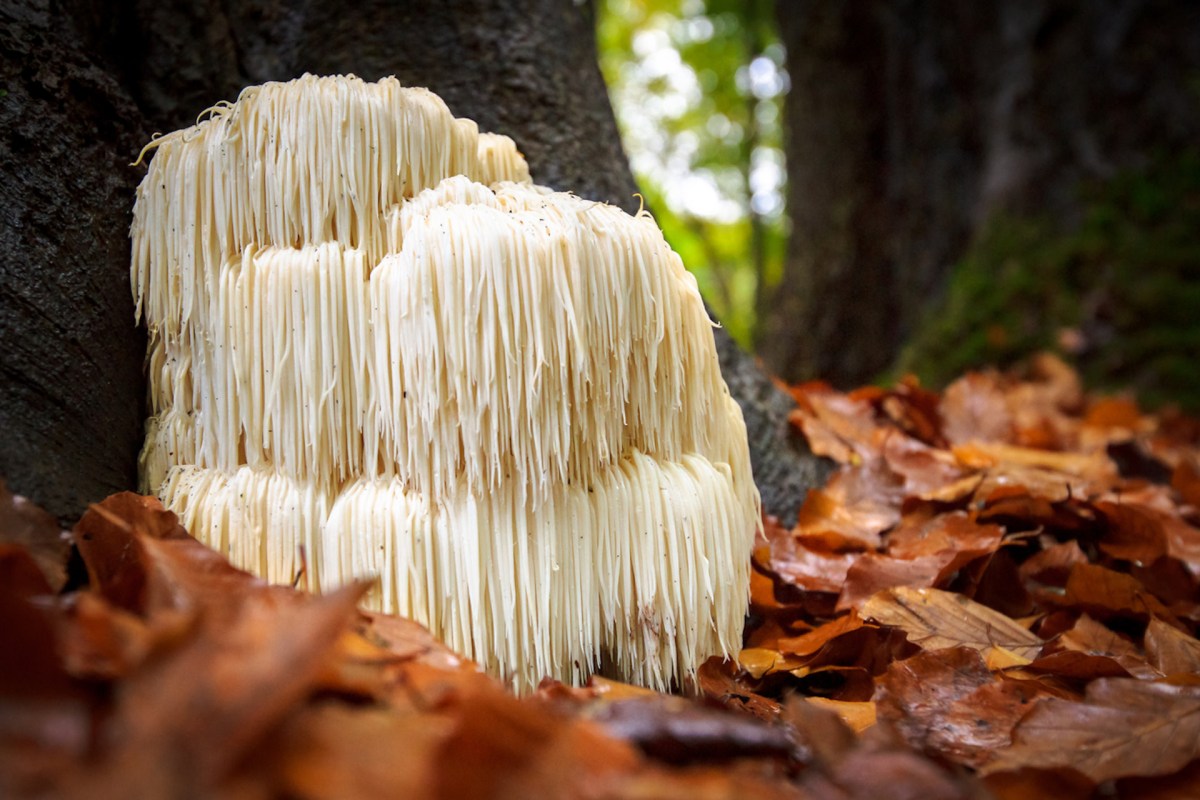A rare mushroom was spotted in southwest England for the first time in eight years, shifting the career focus of one researcher who is now helping to protect native fungi.
In January, the Guardian reported that Henry Jephson, the head of research at the Bristol Fungarium, identified a lion's mane mushroom on a countryside walk during a lockdown amid the COVID-19 pandemic.
The fungus, which is a protected species in the United Kingdom, ultimately inspired Jephson to take on the mission to reintroduce native fungi into the area, with biodiversity as one key consideration.
"Mushroom farming is getting more and more popular, which is great. But all these commercial strains coming in, all these spores being put out in the environment, we just don't know what they're doing to local ecology," Jephson told the Guardian, adding that a non-native species of mushroom was found by someone "in the middle of nowhere."
According to the UN Environment Programme, there are thousands upon thousands of fungi types that have already been cataloged, but it's estimated that millions of varieties are out there.
Some people may have a negative association with the often squishy organisms, but fungi play an important role in our environment, providing nutrition to plants, soaking up planet-warming carbon, and, in some cases, even helping to break down human-made pollutants like plastic.
While the idea of eating a "bad mushroom" may be hard to shake for some, many types of fungi contain important nutrients or medicinal qualities.
The lion's mane mushroom is the latter kind of fungi.
Not everyone is aware of how special it is, though, as the landowner ended up chopping down the mushroom's host tree, according to Jephson.
"The mushroom was smashed all over the ground in big soggy pieces. And so finding ourselves in a slightly unique situation because they're illegal to collect, we picked up a solid lump of lion's mane and took it back to the mushroom farm and started trying to get a clean culture of it," he told the Guardian.
He added that he chatted with the landowner, who is allowing the mushroom to continue growing on the stump. Jephson also turned the situation into an opportunity.
"It was finding the lion's mane that really got us down that path of cloning rare mushrooms. And now people have been approaching us wanting natural strains," he explained to the news outlet.
Jephson is now collaborating with Natural England and the Royal Horticultural Society, which he said are using his strains for mushroom-based research intended to benefit the environment.
A mushroom farm he helps run, meanwhile, is growing native species that can be used in health supplements.
"The commercial strains have been selected for high yield, fast growth. Our mushrooms are the opposite," he told the Guardian. "But they taste amazing, and our UK strain of lion's mane has been tested for medicinal compounds in it, and the wild clone has 30% more beta glucans than the commercial strains."
Join our free newsletter for weekly updates on the coolest innovations improving our lives and saving our planet.









